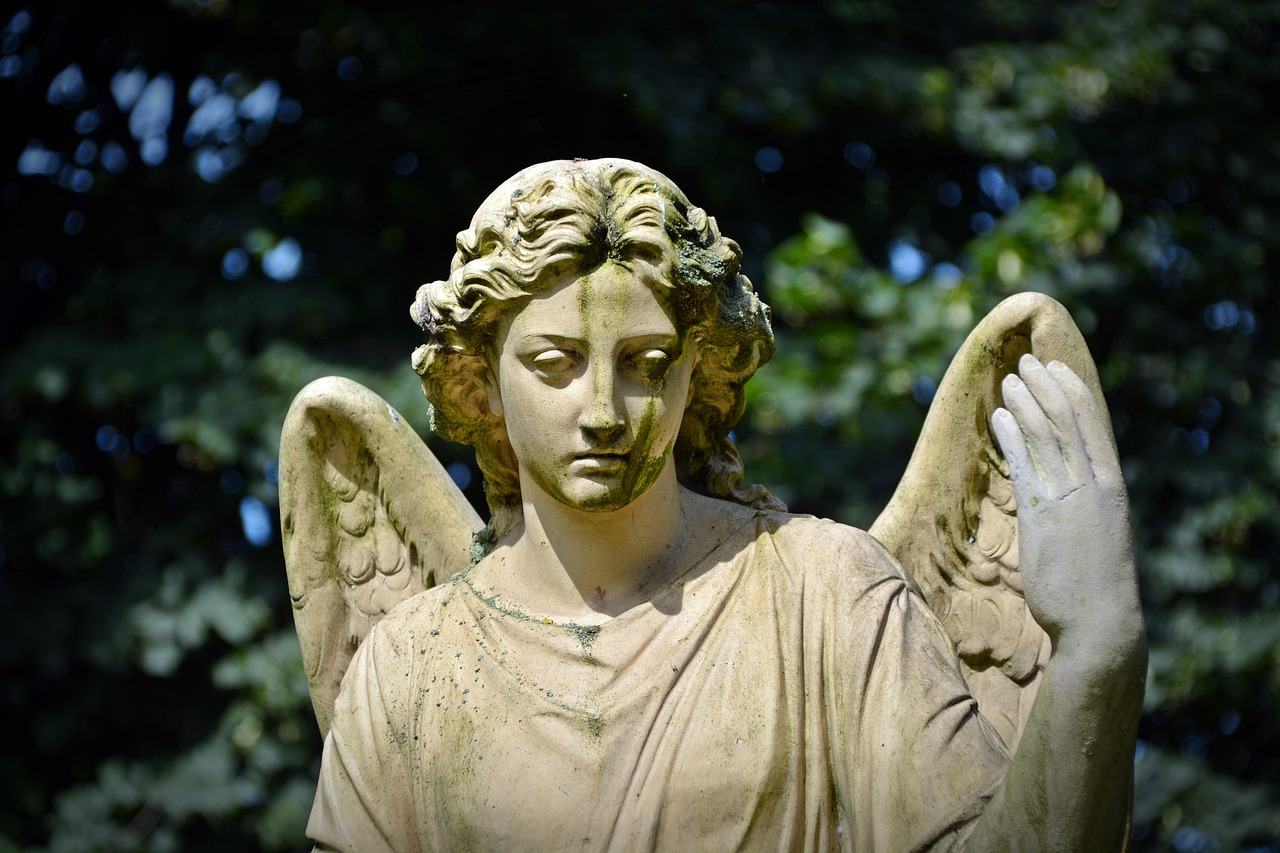Roman Catholics believe in a heavenly hierarchy that classifies angels and archangels into several categories based on their roles in heaven. It is widely held that everyone is given a guardian angel from heaven who follows them from the moment of their birth and stays with them until the day they die. They serve primarily to shield, direct, and motivate one’s spiritual development. They are typically seen as caring friends who support their owners and advocate on their behalf.
Believers rely heavily on their guardian angels, who provide them with protection and direction. They are messengers of heavenly direction and inspiration for intuition, and they bring solace in times of difficulty by whispering subtle reminders of hope and faith. Developing a bond with our guardian angels enables us to receive their protection and wisdom.
Archangels are pictured as mighty beings with enormous authority because of their lofty status in the heavenly system. They carry out holy missions and convey crucial messages on behalf of God. Archangels, in contrast to guardian angels, are concerned with the greater good of humanity and the unfolding of world events.
The existence of a guardian angel may be difficult to detect at first, but it can be identified by intuitive or ostensible evidence. If we listen to our gut and keep our eyes and ears open, our guardian angels will make themselves known to us.
There is a big difference between a guardian angel and an archangel. While guardian angels are more personally involved in the lives of their charges, archangels serve a greater good and are linked to momentous occasions. Spiritual comfort and the help of the archangels can be obtained via prayer.
The notion of guardian angels has its origins in the Bible, where passages hint at the existence of heavenly entities charged with keeping humans safe. According to the Catechism of the Catholic Church, “From infancy to death, human life is surrounded by their watchful care and intercession” (CCC 336), proving the reality and importance of guardian angels.
Catholics are urged to develop a close connection with their guardian angels by praying for their help, thanking them for their protection, and showing their appreciation for their presence in their lives. Even while trust in guardian angels is central to Catholic theology, it is not a doctrine of the church. Catholics’ views and experiences with guardian angels might vary widely from person to person. The notion of guardian angels is well rooted in many different religious and cultural traditions. Personal protection spirits were common in ancient Mesopotamia, where they took the shape of “karak” or “lamassu” figures, and in ancient Egypt, where they were thought to follow their owners even into the afterlife.
Numerous biblical passages feature angelic creatures performing protective functions, providing a foundation for the Christian belief in guardian angels. Angels’ guardian and guiding roles were discussed by early Church Fathers including Saint Basil the Great and Saint Jerome. By the Middle Ages, faith in guardian angels was widely held and frequently practiced. Saint Thomas Aquinas and Saint Bernard of Clairvaux, among other theologians and mystics, helped the Catholic Church develop its doctrine and piety around guardian angels.
The concept of a guardian angel is still widely held by many people today, and this includes Roman Catholics. They shield us from harm and provide solace and guidance as we travel the road of life. However, archangels act as heavenly messengers, tasked with significant tasks and imparting comprehensive advice. Knowing about and making friends with these heavenly beings can deepen our religious experiences and help us feel more connected to God.

